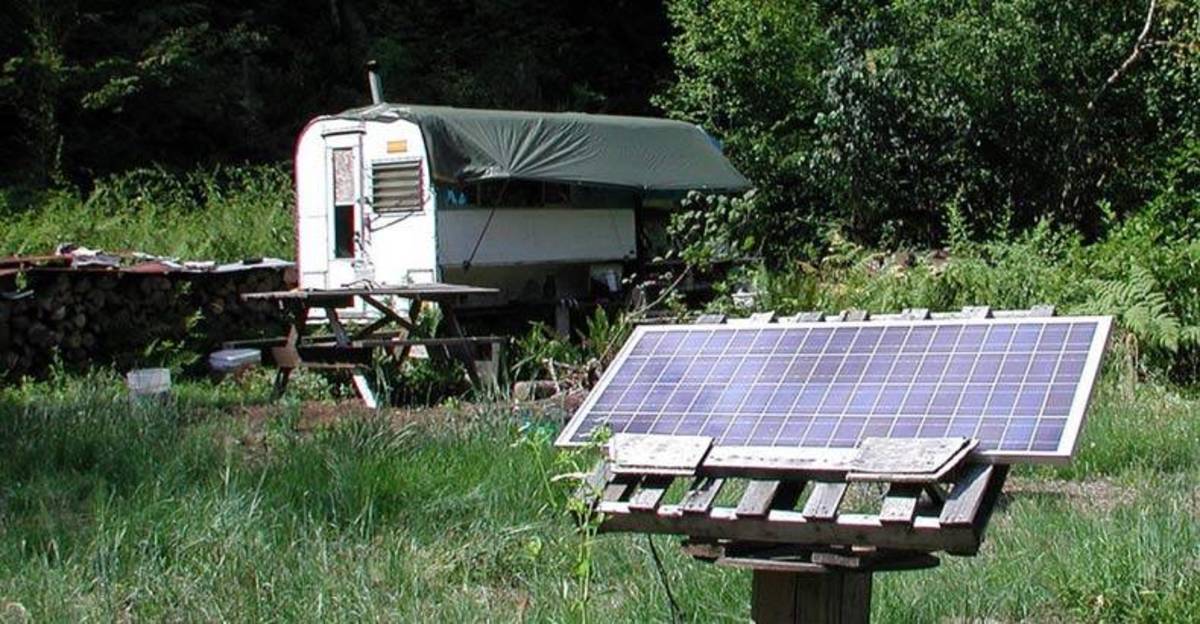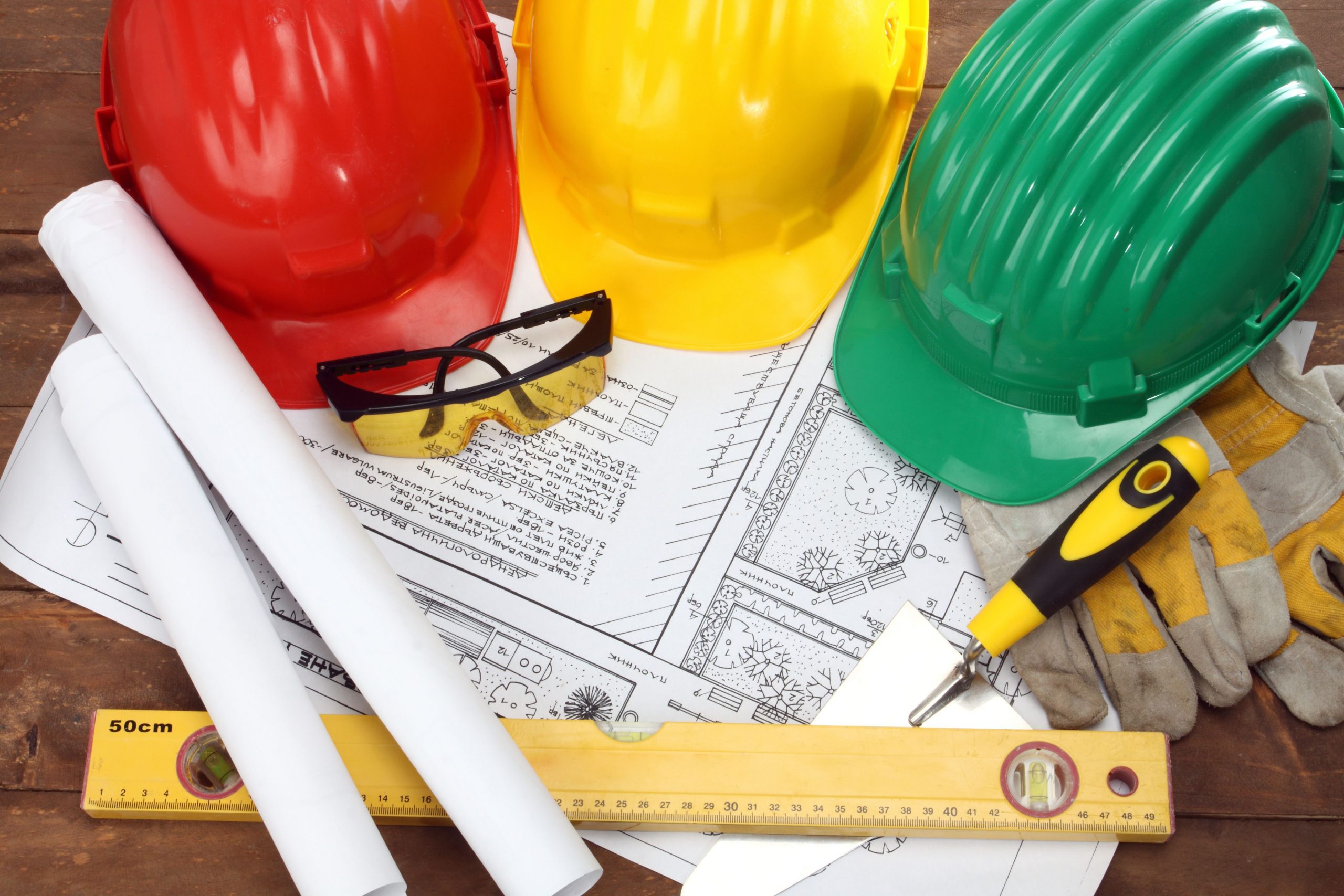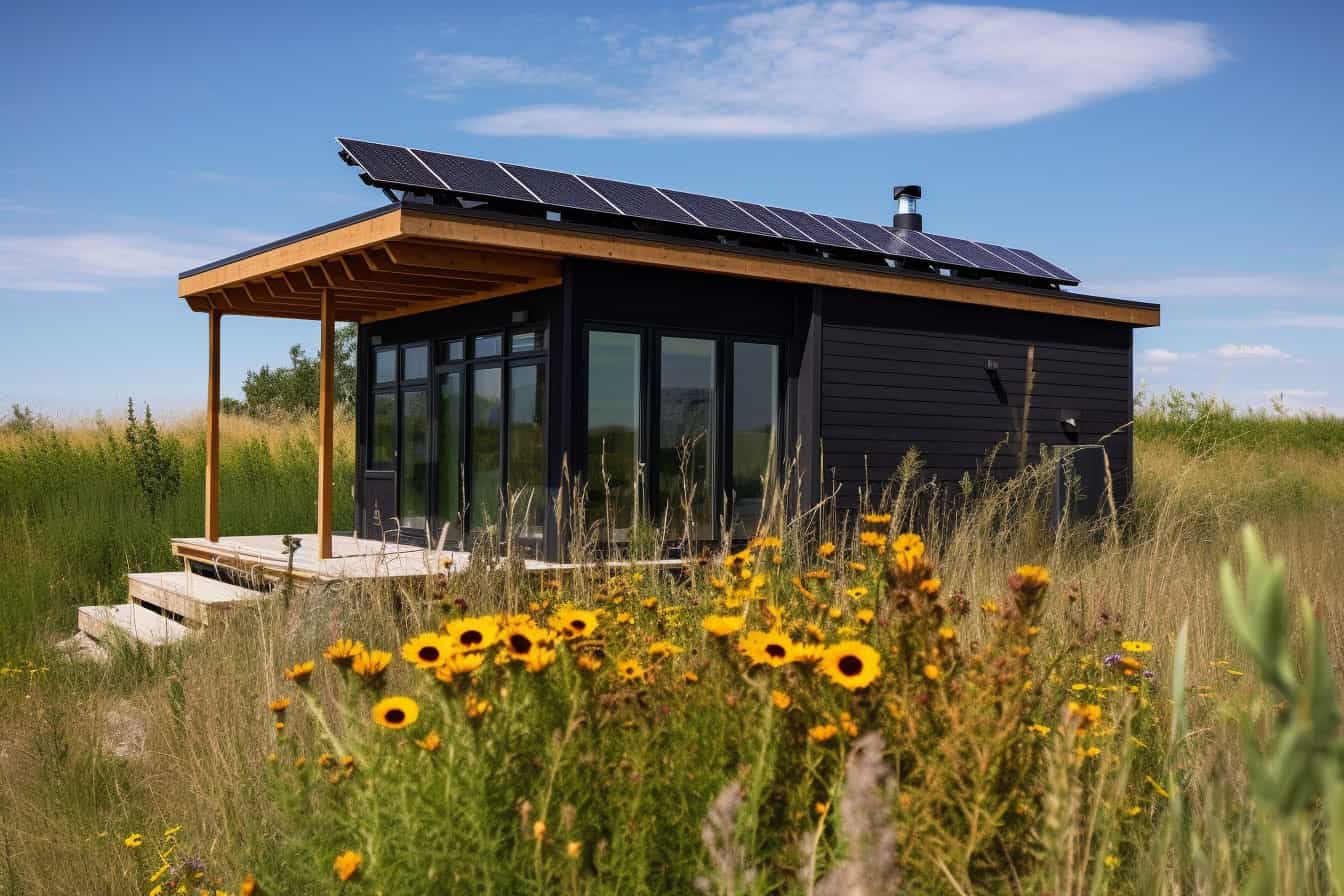Michigan off grid living laws: Embrace the allure of self-sufficiency in the Great Lakes State! This isn’t just about escaping the grid; it’s about navigating a unique legal landscape. From securing water rights and managing wastewater to understanding building codes and harnessing renewable energy, Michigan presents both challenges and exciting possibilities for those seeking an off-grid existence.
Discover how to legally and sustainably build your dream off-grid home, ensuring compliance with all relevant regulations while minimizing your environmental impact. This guide unravels the complexities, empowering you to make informed decisions on your journey towards independent living.
This comprehensive guide explores the multifaceted legal framework governing off-grid living in Michigan. We’ll delve into the specifics of building codes, water rights, wastewater management, energy production, land ownership regulations, and crucial health and safety considerations. We’ll cut through the jargon and provide practical advice, helping you understand the permitting processes, potential exemptions, and crucial steps to ensure your off-grid project aligns perfectly with Michigan law.
Water Rights and Usage for Off-Grid Properties in Michigan
Securing a reliable water source is paramount for successful off-grid living in Michigan. Understanding the legal framework governing water rights and usage is crucial before embarking on such a venture. This section details the necessary permits, regulations, and considerations for accessing and utilizing water on your off-grid property.
Well Permits and Regulations
Obtaining a well permit in Michigan is a mandatory step for anyone intending to extract groundwater for domestic use. The process involves submitting an application to the relevant county health department, providing details about the proposed well location, depth, and intended use. These departments enforce regulations designed to protect groundwater quality and prevent well interference. Inspections are often conducted to ensure compliance with state and local codes, covering aspects such as well casing, construction materials, and proper sealing to prevent contamination.
Failure to obtain a permit or adhere to regulations can result in fines and legal action. The specific requirements may vary slightly between counties, so contacting your local health department directly is advisable. Applications typically include site plans, geological surveys (sometimes required), and well construction details.
Rainwater Harvesting Regulations and Limitations
Rainwater harvesting is a popular and sustainable approach to supplement water needs in off-grid settings. While Michigan doesn’t explicitly prohibit rainwater harvesting for personal use, it’s essential to be aware of potential limitations. Collecting rainwater for non-potable uses, such as irrigation or toilet flushing, generally faces fewer restrictions than harvesting for drinking water. For potable water, rigorous purification methods are crucial to ensure safety and compliance with drinking water standards.
Larger-scale rainwater harvesting systems might require permits or approvals, particularly if they impact drainage patterns or interfere with established water management systems. It is important to check with your local municipality or county to ascertain any local ordinances that may govern rainwater collection.
Obtaining Water Rights for an Off-Grid Property: A Flowchart, Michigan off grid living laws
The process of securing water rights for off-grid properties in Michigan can be visualized through a flowchart. This simplified representation Artikels the general steps involved.[Imagine a flowchart here. The flowchart would begin with a box labeled “Identify Water Source (Well or Rainwater Harvesting).” This would branch into two paths: one leading to “Well Permit Application” (with boxes detailing steps like application submission, site inspection, permit issuance) and the other to “Rainwater Harvesting Assessment” (with boxes detailing considerations like system design, purification methods, potential local regulations).
Both paths eventually converge at a final box labeled “Water Source Secured.” The flowchart visually demonstrates the branching pathways based on the chosen water source and the necessary steps for each.]
Energy Production and Usage for Off-Grid Homes in Michigan: Michigan Off Grid Living Laws
Embarking on off-grid living in Michigan requires a comprehensive understanding of the state’s regulations concerning energy production and usage. This involves navigating the legal landscape surrounding renewable energy sources, potential grid connection options, and available financial incentives. Careful planning and consideration of Michigan’s climate are crucial for building a reliable and efficient off-grid energy system.
Michigan’s legal framework generally supports the generation and use of renewable energy on private property. The state encourages the use of renewable energy through various programs and incentives, though specific regulations may vary depending on the scale of the project and local ordinances. For smaller-scale off-grid systems, such as those powering a single home, the regulatory burden is typically minimal, primarily focusing on safety and environmental impact.
Larger systems, however, may require more extensive permitting and inspections.
Renewable Energy System Legalities
Generating electricity from renewable sources like solar and wind power on your off-grid property is largely permitted in Michigan. However, you must adhere to safety standards set by the state and local authorities. This usually involves obtaining the necessary permits and inspections to ensure your system meets all building codes and doesn’t pose a risk to public safety or the environment.
Specific requirements can vary based on your property’s location and the size of your energy system.
Grid Connection Regulations
While the goal of off-grid living is independence from the power grid, circumstances may arise where partial grid connection is beneficial, perhaps as a backup power source during extended periods of low renewable energy production (e.g., prolonged cloudy weather). Connecting to the grid, even partially, requires navigating the regulations set by your local utility company. They will likely have specific requirements regarding interconnection agreements, safety standards, and metering.
The cost of such interconnection can vary significantly and should be factored into your overall energy plan.
Tax Incentives and Rebates for Off-Grid Energy Systems
Michigan offers several avenues for financial assistance in developing off-grid energy systems. These include federal tax credits for renewable energy installations, as well as potential state and local rebates or programs. It is advisable to thoroughly research all available incentives before investing in your system, as eligibility criteria and the amount of available financial assistance can change over time.
Consulting with energy efficiency experts and contacting your local government offices can provide crucial information about currently available programs.
Considerations for Designing an Off-Grid Energy System in Michigan
Designing a successful off-grid energy system in Michigan requires careful consideration of the state’s climate and energy demands. Michigan experiences significant seasonal variations in sunlight and wind, influencing the design and sizing of your solar and wind energy systems. The system must be robust enough to meet your energy needs during the harshest winter months when solar energy production is at its lowest.
Remember to click best knives for off grid living to understand more comprehensive aspects of the best knives for off grid living topic.
- Energy Audit: Conduct a thorough energy audit to determine your annual energy consumption and peak demand. This will inform the size and capacity of your renewable energy system.
- System Redundancy: Incorporate backup systems (e.g., a generator or battery storage) to ensure reliable power during periods of low renewable energy production.
- Climate Considerations: Account for Michigan’s cold winters and potential for snow accumulation when selecting and installing solar panels and wind turbines. Ensure that the system can withstand extreme weather conditions.
- Battery Storage: Invest in sufficient battery storage to cover energy needs during periods of low solar and wind generation, especially during winter months.
- Professional Consultation: Consult with experienced off-grid energy system designers and installers to ensure your system is properly designed, installed, and meets all safety and regulatory requirements.
Land Ownership and Zoning Regulations for Off-Grid Living
Embarking on the journey of off-grid living in Michigan requires a thorough understanding of land ownership and the intricate web of zoning regulations that govern property development. Navigating these legal landscapes is crucial for a successful and legally sound off-grid existence. Failure to comply can lead to significant delays, hefty fines, and even the forced dismantling of your project.
Zoning Regulations Affecting Off-Grid Dwellings
Michigan’s zoning regulations vary significantly between counties and townships. These regulations dictate permissible land uses, building setbacks, minimum lot sizes, and structural requirements. Many rural areas, while seemingly ideal for off-grid living, may have surprisingly restrictive zoning ordinances. For instance, some townships might mandate a minimum house size far exceeding the needs of a typical off-grid dwelling, or prohibit the types of alternative energy systems (like wind turbines) often integral to such a lifestyle.
Others may have strict regulations regarding water well construction and septic systems, adding complexity to the process. Understanding these local rules is paramount before purchasing land or beginning construction.
Obtaining Necessary Permits and Approvals
The process of obtaining the necessary permits and approvals for off-grid development in Michigan typically involves multiple steps and interactions with various government agencies. It often begins with a preliminary site assessment to determine compliance with existing zoning ordinances. This assessment might involve surveying the land, conducting soil tests, and evaluating the suitability of the proposed location for an off-grid dwelling.
Following the assessment, applications for building permits, septic system permits, and well permits must be submitted and approved. These applications usually require detailed plans, specifications, and engineering reports. The review process can take considerable time, and obtaining all necessary approvals may require several months, or even longer, depending on the complexity of the project and the responsiveness of the local authorities.
Regular communication with the relevant agencies is essential to ensure a smooth process.
Examples of Zoning Restrictions Impacting Off-Grid Living Choices
Consider a scenario where a township mandates a minimum lot size of five acres for residential dwellings. This could significantly limit the availability of suitable land for off-grid living, as smaller parcels might be deemed unsuitable. Another example might involve restrictions on the height or visibility of wind turbines, hindering the viability of wind power as a primary energy source.
Regulations on water well depth and the permitted distance from property lines could also impact well placement and water availability. Similarly, limitations on the size and type of septic systems might restrict the potential for wastewater management solutions compatible with off-grid living. These are just a few illustrations of how zoning regulations can directly affect off-grid development choices.
Researching Local Zoning Regulations
Researching local zoning regulations for a specific area in Michigan involves several steps. The first step is to identify the relevant township or county. Next, contact the local planning department or zoning office directly. Their website often contains zoning ordinances, maps, and other relevant documents. Review these documents carefully to understand the specific requirements for your chosen area.
Additionally, attending local planning commission meetings can provide valuable insights and opportunities to ask clarifying questions. It is highly recommended to consult with a land use attorney or planner experienced in Michigan zoning laws to ensure complete compliance and avoid potential legal issues. This professional guidance can prove invaluable in navigating the complexities of local regulations and securing the necessary permits.
Health and Safety Regulations for Off-Grid Dwellings

Embarking on the fulfilling journey of off-grid living in Michigan requires a proactive approach to health and safety. While the independence is alluring, responsible adherence to regulations ensures a secure and healthy lifestyle. Understanding these regulations is crucial for both personal well-being and compliance with Michigan’s legal framework. This section details the key safety aspects to consider.
Fire Safety Regulations
Off-grid homes, often reliant on alternative heating and cooking methods, present unique fire risks. Michigan’s building codes, while not explicitly tailored to off-grid dwellings, still apply to all structures, encompassing fire safety standards. This includes requirements for smoke detectors, fire extinguishers appropriate for the type of fuel used (wood, propane, etc.), and adequate clearance around heating appliances. Regular maintenance of chimneys and heating systems is paramount.
Furthermore, the storage of flammable materials like propane and firewood should adhere to strict safety guidelines to minimize fire hazards. Failure to meet these standards can lead to fines and insurance complications.
Food Safety Practices for Off-Grid Living
Maintaining food safety in an off-grid setting necessitates careful planning and execution. Without readily available refrigeration, preserving food properly is essential. Methods like canning, freezing (if you have a generator or solar power for a freezer), drying, and fermenting are common and effective preservation techniques. Understanding proper food handling procedures, including safe temperatures for cooking and storage, is vital to prevent foodborne illnesses.
Regular cleaning and sanitization of food preparation areas are also crucial. The Michigan Department of Agriculture and Rural Development provides resources and guidelines for safe food preservation methods.
Sanitation and Wastewater Management
Proper sanitation is a cornerstone of off-grid health. Michigan regulations often dictate the requirements for septic systems, greywater disposal, and human waste management. Septic systems need regular pumping and maintenance to prevent overflow and contamination of groundwater. Greywater (from showers, sinks, and laundry) disposal methods must comply with local and state regulations to prevent environmental damage. The use of composting toilets, which are gaining popularity in off-grid settings, often requires adherence to specific guidelines regarding their placement and construction to prevent contamination.
Consulting with local health officials regarding appropriate sanitation systems is crucial before construction.
Well Water Testing and Purification
Accessing safe drinking water is paramount in off-grid living. Well water, while a common source, requires regular testing to detect potential contaminants like bacteria, nitrates, and heavy metals. The Michigan Department of Environmental Quality provides guidance on well water testing frequency and approved laboratories. If contaminants are detected, appropriate purification methods, such as boiling, filtration, or UV disinfection, must be implemented.
The type and level of purification needed depend on the specific contaminants identified through testing. Regular maintenance of water purification systems is equally crucial.
Health and Safety Inspections
While there isn’t a specific “off-grid” inspection, Michigan’s building codes and health regulations apply. Inspections may be triggered by building permits, complaints, or if there is a concern regarding public health or safety. Local health departments usually handle these inspections, focusing on aspects like sanitation, water quality, and fire safety. Proactive communication with local officials can help ensure compliance and avoid potential issues.
These inspections are designed to protect both the residents and the environment.
Essential Health and Safety Checklist for Off-Grid Homes in Michigan
Before establishing your off-grid home, it’s crucial to have a comprehensive checklist to ensure you meet all safety standards. This will help avoid costly mistakes and ensure a safe living environment.
- Secure necessary permits and approvals from relevant authorities.
- Install and maintain smoke detectors and fire extinguishers.
- Implement a safe and compliant wastewater disposal system.
- Regularly test well water and utilize appropriate purification methods.
- Adopt safe food preservation and handling practices.
- Ensure proper storage of flammable materials.
- Regularly inspect and maintain all heating and cooking systems.
- Consult with local health officials regarding sanitation and safety regulations.
The path to off-grid living in Michigan is paved with careful planning and a thorough understanding of the relevant laws. While the journey may seem daunting at first, this guide has equipped you with the knowledge to navigate the legal intricacies with confidence. Remember, responsible off-grid living requires respect for the environment and adherence to regulations. By combining careful preparation with a deep understanding of Michigan’s legal framework, you can confidently pursue your dream of self-sufficient living in the beautiful Michigan landscape, leaving a minimal environmental footprint while embracing the freedom of off-grid life.
Clarifying Questions
What are the common misconceptions about off-grid living in Michigan?
Many believe it’s entirely unregulated, but this is false. Michigan has specific codes and permits required for various aspects of off-grid living, from water sources to waste disposal.
Can I completely disconnect from the power grid in Michigan?
Yes, but you’ll need to meet specific requirements for energy production and safety. Consulting with relevant authorities before starting construction is crucial.
Are there financial incentives for off-grid living in Michigan?
Some tax credits and rebates may be available for renewable energy systems. Research local and state programs for current offerings.
How long does the permitting process typically take?
Permitting timelines vary greatly depending on the project’s complexity and the specific county. Expect delays and plan accordingly.


